The Musée Yves Saint Laurent Paris
A couturier's archives and atelier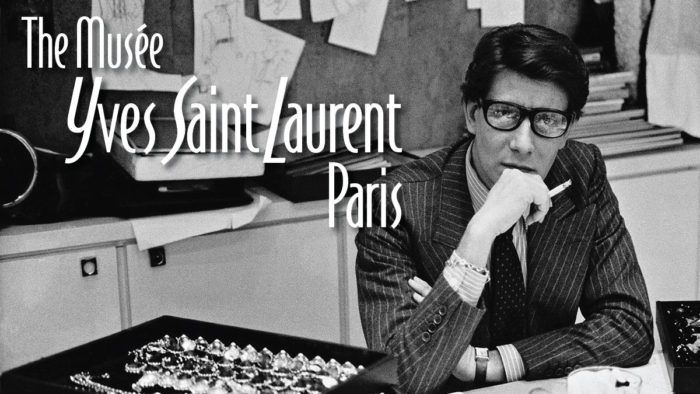
The Musée Yves Saint Laurent Paris is a must-visit for fashionistas when vacationing in France. The museum is housed in the private mansion at 5 avenue Marceau where Yves Saint Laurent worked from 1974 to 2002. In addition to providing insight into Saint Laurent’s creative process, from sketch to completed garment, the museum looks at haute couture traditions in the 20th century.
The mansion itself was built in the third quarter of the 19th century. During Saint Laurent’s tenure, the salons on the ground floor were restored to their old-world splendor while the upper floors were converted into ateliers for nearly 200 tailors and dressmakers. And, of course, there is a studio where Saint Laurent created his innovative work until he retired in 2002.
Fashion house
Saint Laurent was one of the 20th century’s greatest couturiers. At the age of 21, he became the youngest couturier in the world when he assumed the head role at the house of Christian Dior, upon the designer’s unexpected death in 1957. Saint Laurent’s first collection for Dior, the Trapeze line with its flowing silhouettes, was an overwhelming success, but his collection of turtleneck sweaters and leather jackets in 1960 was considered too avant-garde, and he was replaced by Marc Bohan.
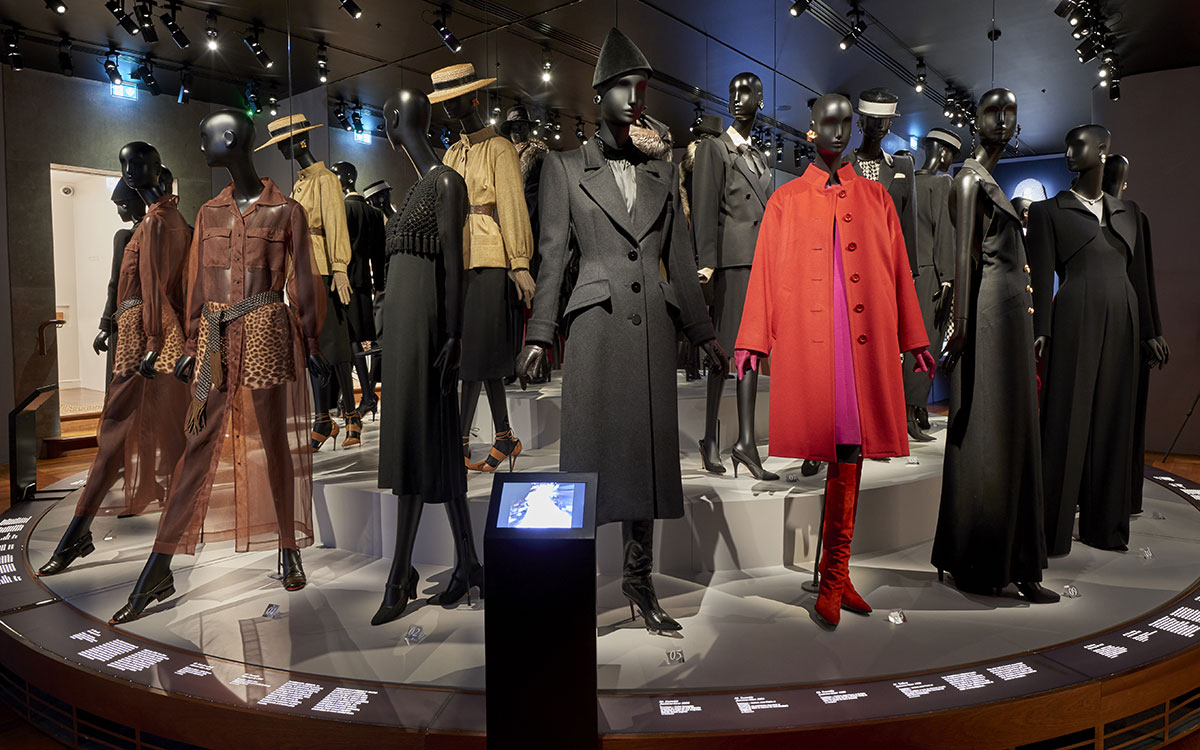
Saint Laurent established his own haute couture house in 1962. As a newly independent designer, he told a reporter that he was more interested in creating clothes that all women could wear than in making sensational clothes. In the end, he did both. He created timeless styles that were comfortable to wear and gave women self-confidence and power.
Saint Laurent’s inaugural haute couture show began with a navy peacoat worn with white silk shantung trousers. Sometimes worn as casual beach jackets, peacoats were work clothes for sailors and never worn in the city. The Yves Saint Laurent peacoats were simple shapes that covered the hips, fabricated in fine navy wool using traditional couture techniques to transform them into high-fashion garments.
According to Pierre Bergé, Saint Laurent’s long-time business partner, Chanel liberated women, but Saint Laurent empowered them. The YSL revolution in the 1960s featured many trend-setting designs that were also timeless and functional. Often inspired by menswear and work garments, the designs included safari jackets, jumpsuits, the tuxedo (also known as “le smoking”), and, perhaps the most popular of all, the pantsuit.
In 1966 he launched his Rive Gauche line—high-quality prêt-à-porter (ready to wear) any woman could wear. The boutique was in Paris’s Left Bank (Rive Gauche) neighborhood. Most couture houses employed a separate designer for their prêt-à-porter line. Rive Gauche pieces, however, were designed by Saint Laurent himself.
Couture archive
The Musée Yves Saint Laurent Paris describes the history and daily operations of the couture house, and it offers a behind-the-scenes look at the designer’s creativity. Its archives include items dating from Saint Laurent’s childhood through the end of his career. The exhibitions explore the influence of his work on the history of art and fashion.

Early on, the designer and Pierre Bergé recognized Saint Laurent’s importance in the history of 20th-century fashion. They collected and preserved design prototypes as well as a multitude of documents. Prototypes are the looks designed to be shown on the runway. By contrast, designs for clients are made to fit the client’s individual measurements and may include changes requested by the client.

The museum’s archives are owned by the Fondation Pierre Bergé—Yves Saint Laurent. They include approximately 35,000 objects relating to the life and work of Saint Laurent and the haute couture house. In addition to prototype garments, there are toiles, other textile works, accessories, photographs, early works, documents for his creative designs, and sketches for the haute couture and ready-to-wear collections.

Design gallery
The museum showcases retrospective displays and temporary exhibitions in more than 4,800 square feet of space. Most of these feature prototypes made for a house model and worn for the grand défilé—the haute couture fashion shows in January and July. The matching accessories—jewelry, shoes, gloves, hats—were saved as well. The collection also includes designs for clients that were acquired later; looks that Saint Laurent created when he worked at Dior; and embroidery samples, photographs, sketches, and collections boards.
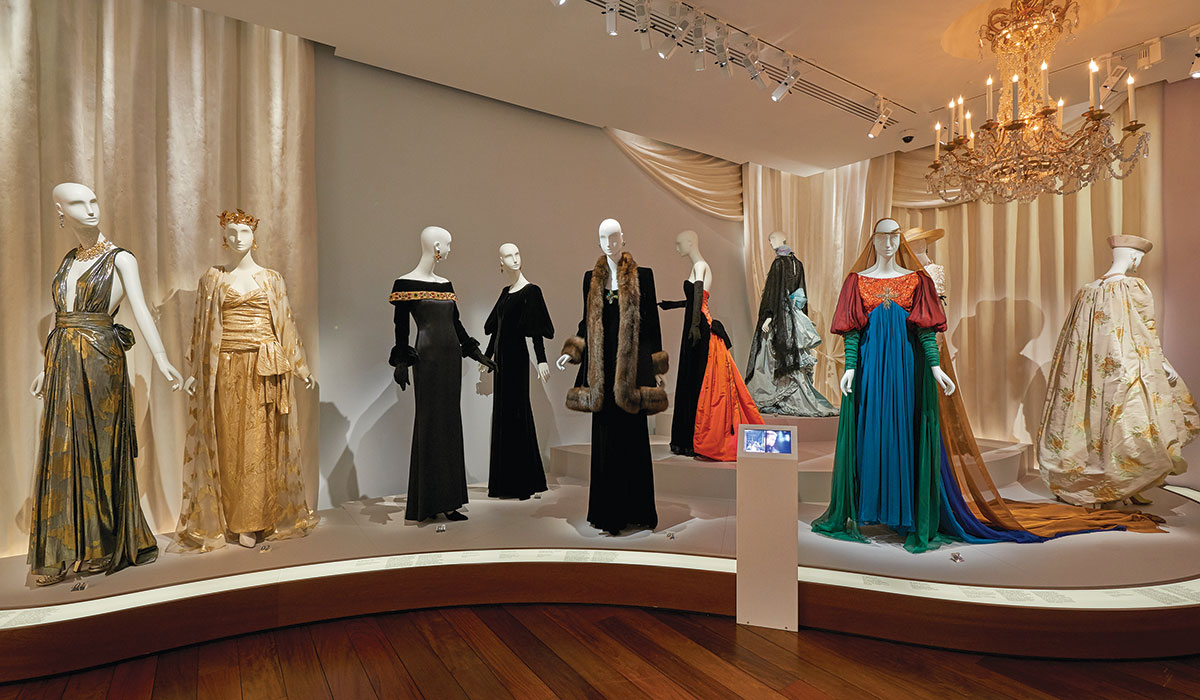
The luxuriously decorated History Gallery on the upper level highlights a selection of designs that offer insight into Saint Laurent’s historical references. This group of evening gowns was influenced by Greek, Roman, medieval, and Renaissance costume. The display includes photographs of the paintings and art that inspired him, as well as the original runway photographs of each design.

On the other side of the gallery, the focus is on ensembles inspired by the fashions of the Roaring Twenties through the retro styles of the 1940s. They provide stunning examples from the métiers d’arts—specialized ateliers and artisans who support the haute couture, such as the embroiderers, plumassiers (feather workers), and goldsmiths and silversmiths.
Described as the true heart of the house, Yves Saint Laurent’s studio is particularly interesting. One large wall is completely mirrored. Compared to the elegant salons, the room is plain, with a row of tall windows lining the wall on one side and a row of bookcases on the other. Saint Laurent’s desk is a simple board on two trestles.
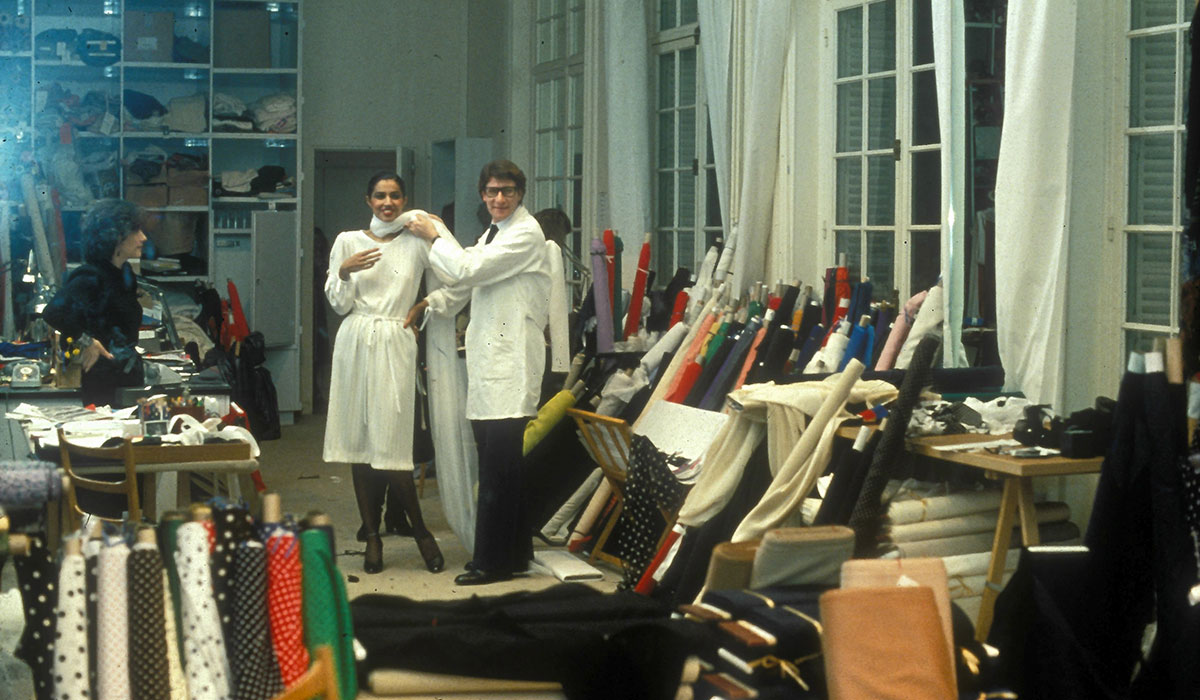
A small video display shows a fascinating montage of images of the designer at work, revealing how he used the mirror when fitting his models. The tidy studio you see today is unrecognizable in the photos. Instead, they provide a view into a room filled with bolts of fabric, assorted accessories, trims, sketches, the designer himself, his assistants, and models. Some are wearing toiles, others wear designs in process or prototypes; they are always in front of the mirror. The mirror was an integral element in the design process to provide a visual distance so Saint Laurent could study the reflections and evaluate the designs at each stage.
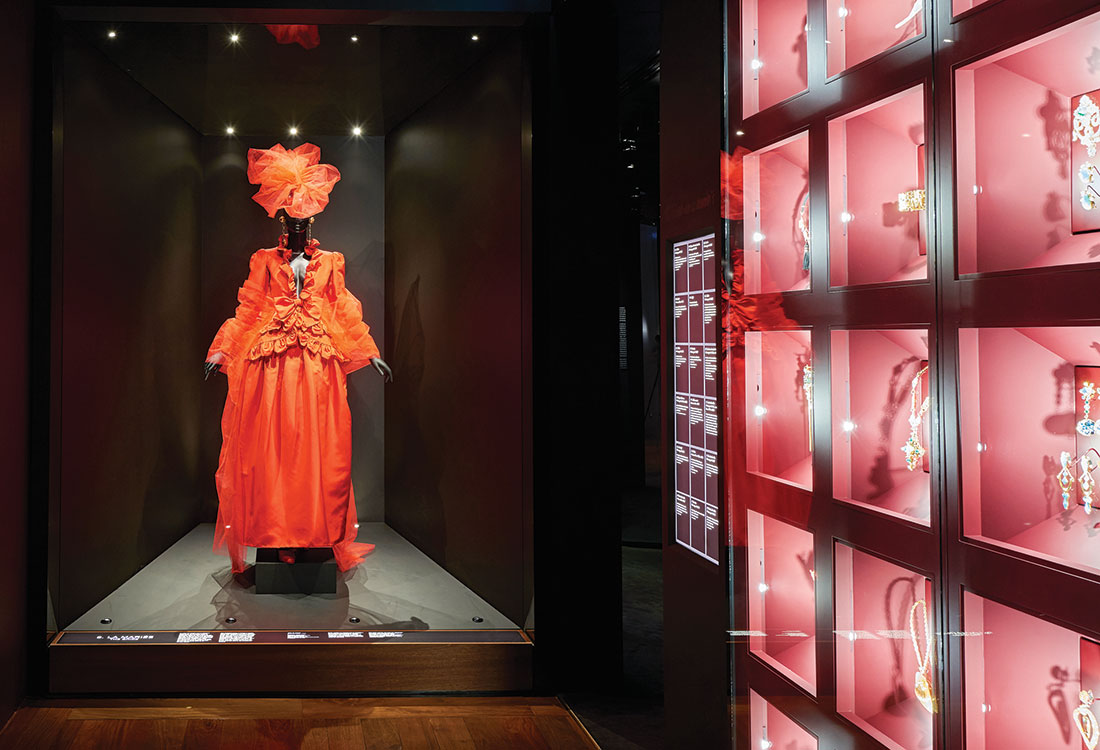
Other galleries feature stunning displays of jewelry and accessories that were an essential part of Saint Laurent’s style. As in a traditional fashion show, a wedding gown announces that the museum visit will soon come to an end.
There is a special gallery of videos exploring Saint Laurent’s various influences and a variety of fashion shows. “The Eagle With Two Heads” describes the unique relationship between Saint Laurent and Bergé. Saint Laurent designed for and Bergé managed one of the most important couture houses in the world. Together, they assembled the largest and most complete collection of any designer’s work. Their comprehensive, visionary approach to preserving the designer’s legacy has made the Musée Yves Saint Laurent Paris the treasure it is today.
Claire B. Shaeffer is an expert on couture fashion history and techniques. Sewfari.org
View PDF


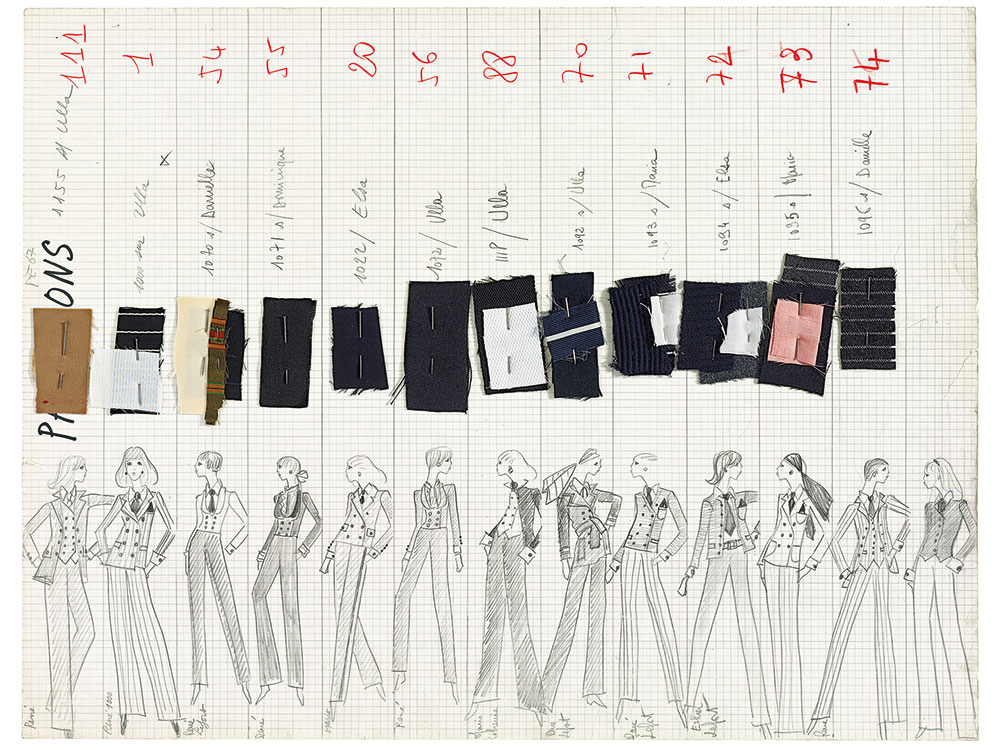




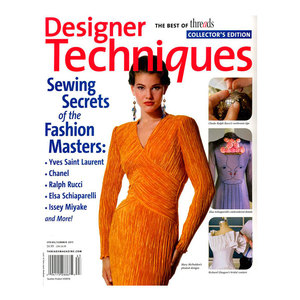


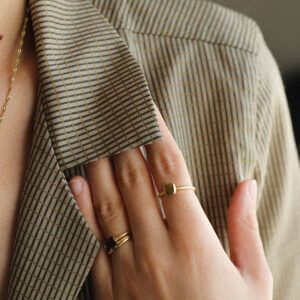
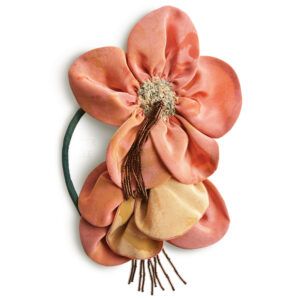
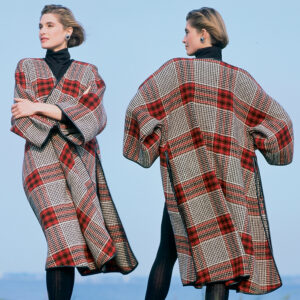
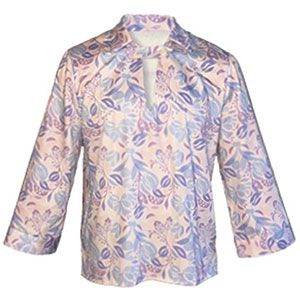
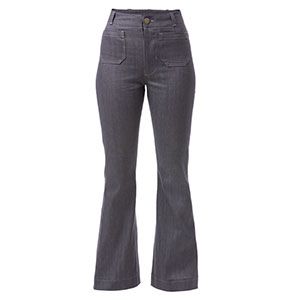
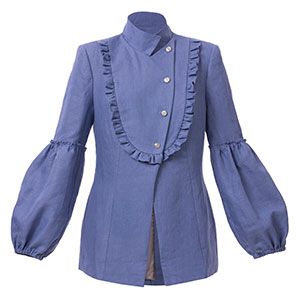
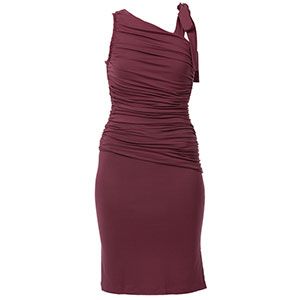
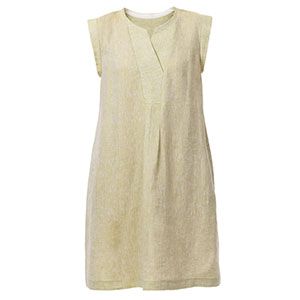
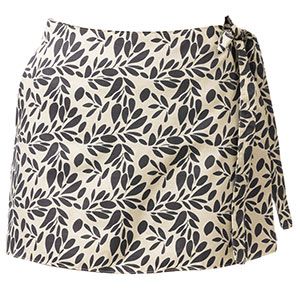
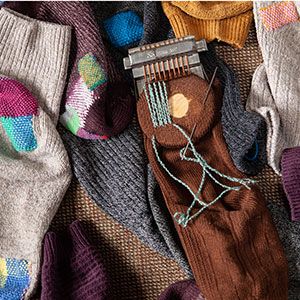
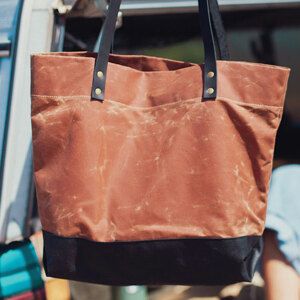
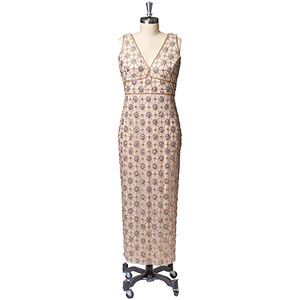

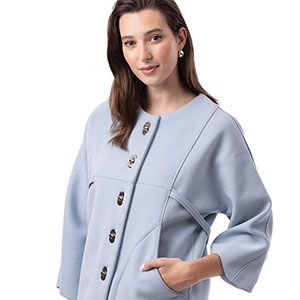
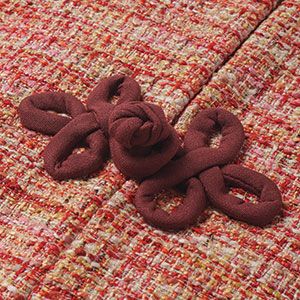
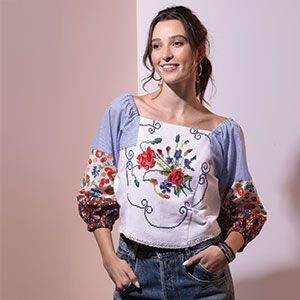







Log in or create an account to post a comment.
Sign up Log in